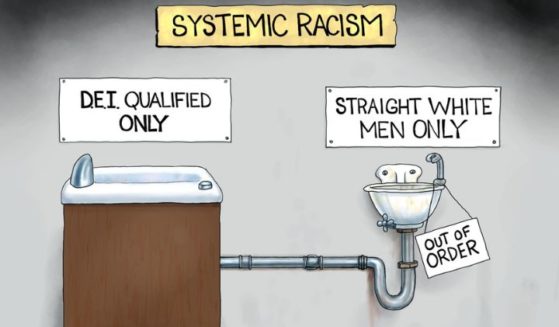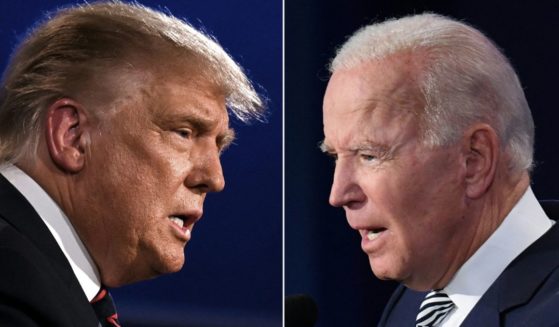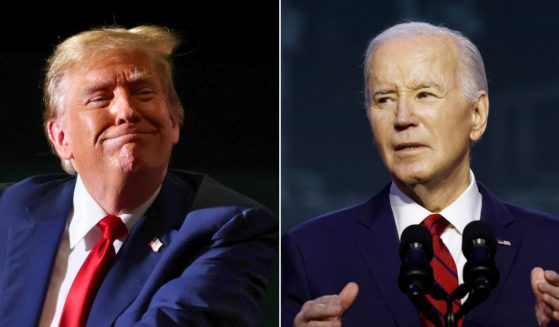Federal Election Agency Drops Language Banning Voting Equipment That Connects to the Internet: AP Report
In the aftermath of 2020, election integrity is on every good conservative’s mind.
All around the country, state legislatures are stepping up (and Texas Democrats are stepping out) to make sure that every legal vote is counted and that our elections are safe and secure.
Naturally, these efforts have garnered primarily negative attention from left-wing media.
What has not been publicized anywhere near as much was the fact that the federal government was doing the same thing — but now isn’t.
According to The Associated Press, the U.S. Election Assistance Commission prepared draft guidelines on election security in February that did not include language banning voting equipment with internet connectivity.
The EAC does not have binding authority, but some states apply federal guidelines to the letter, meaning the commission’s words have a real impact on American voters.
Unfortunately, the ban’s absence in the February guidelines does not appear to be a mistake. The AP reported that voting machine industry officials had private meetings with federal regulators, and the change came shortly after.
You would think that the voting machine industry would have a vested interest in ensuring that its machines are safe and secure, but evidently, for some, election integrity can burn at the altar of profit.
It’s not important if online evildoers hack voting machines and alter results if the executives make their money, after all.
Fortunately, Free Speech for People, a left-wing nonprofit, has filed a lawsuit against the EAC alleging the commission violated transparency rules in its meetings with industry leaders.
Susan Greenhalgh, speaking for the group, told the AP that the commission was supposed to include the public in every step of the regulatory process.
“Instead, the EAC brazenly flouted its legal obligation to adhere to a transparent process, choosing instead to invite the manufacturers into private meetings so they could alter the voting system standards to ease requirements and benefit the manufacturers,” she continued.
The AP said the lawsuit was filed Tuesday in U.S. District Court in Washington.
EAC officials defended their new guidelines, asserting that under the new rules, any feature that allows a voting machine to connect to the internet “must be disabled.”
The previous rules, they determined, put an undue burden on voting machine manufacturers and significantly increased their expenses.
I’m no computer whiz (my approach is usually to scream at technology until it works), but something doesn’t feel right about all of this.
As a voter, I am much more comfortable with the notion that any machine I use is fundamentally unable to use the internet. I don’t want to be the person whose voice is smothered by hostile actors.
While this wouldn’t affect all states, the ones in which it would concern me. Evidently, I’m not the only one. Ohio Secretary of State Frank LaRose reassured his constituents last month that his state would be taking a stronger stance.
Ohio Secretary of State Frank LaRose said his state’s voting machine standards go further than the U.S. Election Assistance Commission’s, which didn’t ban Wi-Fi capabilities @FrankLaRose @EACgov https://t.co/vHagjwSCmg pic.twitter.com/H7p7pt4804
— StateScoop (@State_Scoop) June 17, 2021
I hope the lawsuit succeeds. Our elections are not something in which we can cut corners.
Truth and Accuracy
We are committed to truth and accuracy in all of our journalism. Read our editorial standards.












